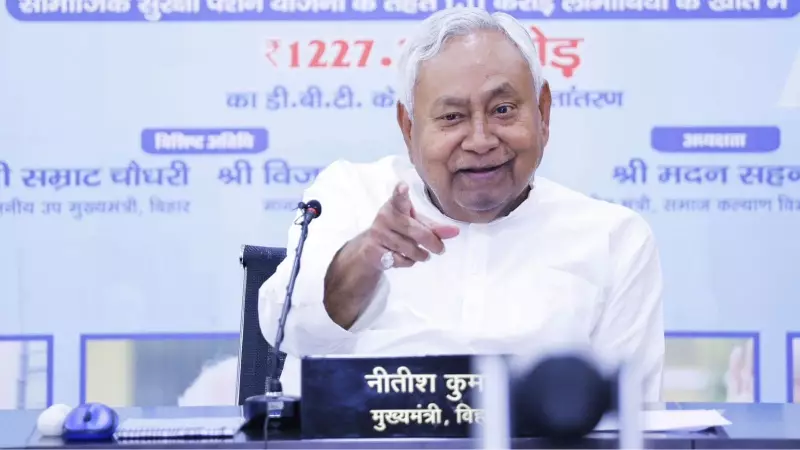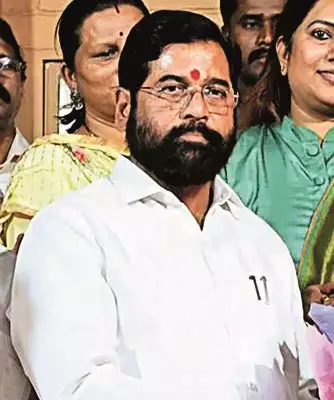
In a deeply personal and politically charged video message, Bihar Chief Minister Nitish Kumar has opened up about the emotional journey of how the term 'Bihari' transformed from a derogatory slur into a badge of honor and political identity.
The JD(U) leader, addressing voters ahead of the crucial Bihar assembly elections, revealed how people from Bihar were once routinely mocked and insulted when they traveled to other states for work or education. "There was a time when being called 'Bihari' was considered an insult," Kumar emotionally recounted, highlighting the historical discrimination faced by migrants from the state.
The Political Reclamation of Bihari Identity
Kumar positioned himself as the architect of this transformation, emphasizing how his government's development initiatives and political advocacy helped reshape the narrative around Bihari identity. "We have worked tirelessly to change this perception," he stated, connecting his administrative record with this cultural shift.
The Chief Minister's message comes at a critical juncture in Bihar's political landscape, where regional identity often plays a decisive role in electoral outcomes. His emotional appeal appears strategically designed to resonate with voters' sense of regional pride and collective memory.
Election Season Strategy
Political analysts suggest this narrative serves multiple purposes:
- Reinforcing Kumar's image as a leader who understands Bihari aspirations
- Creating an emotional connection with voters beyond policy discussions
- Countering opposition narratives by positioning himself as the guardian of Bihari pride
- Appealing to the diaspora and migrant workers who experienced similar discrimination
The timing of this message, just as election campaigning intensifies, indicates a carefully calibrated strategy to make regional identity a central theme in the upcoming polls.
Beyond Politics: A Social Transformation
Kumar's narrative extends beyond mere political rhetoric, touching upon the broader social evolution of how regional identities are perceived in contemporary India. His message suggests that the reclamation of 'Bihari' as a positive identity represents not just political success but social progress.
"Today, when someone says 'Bihari,' it's said with respect," Kumar proclaimed, positioning this transformation as one of his government's significant achievements.
As Bihar prepares for another electoral battle, this emotional appeal around identity politics is likely to echo through campaign speeches and political discourse, potentially influencing voter sentiment in a state where regional pride and development narratives often intersect.






